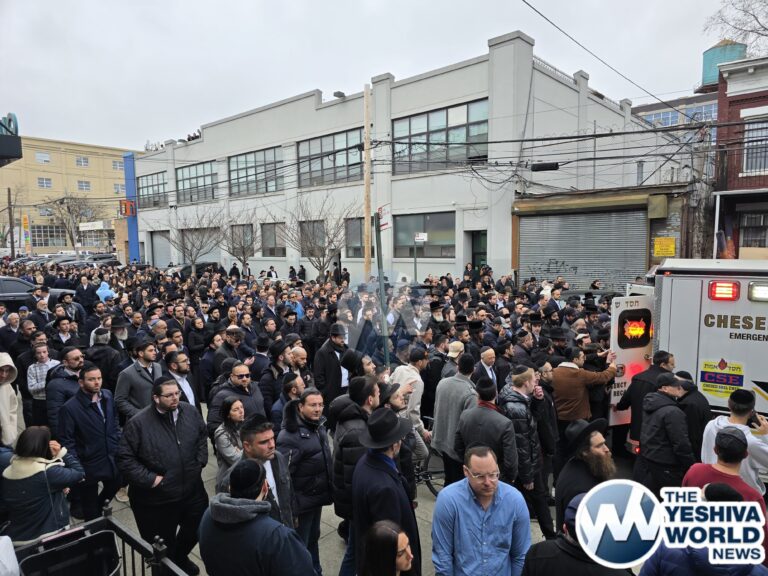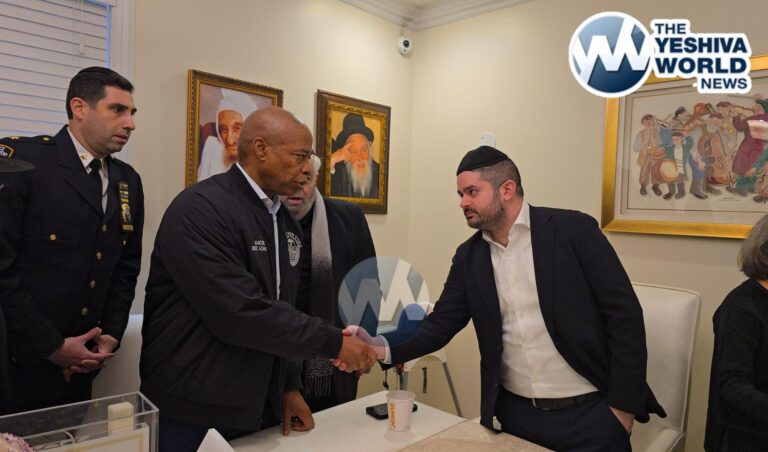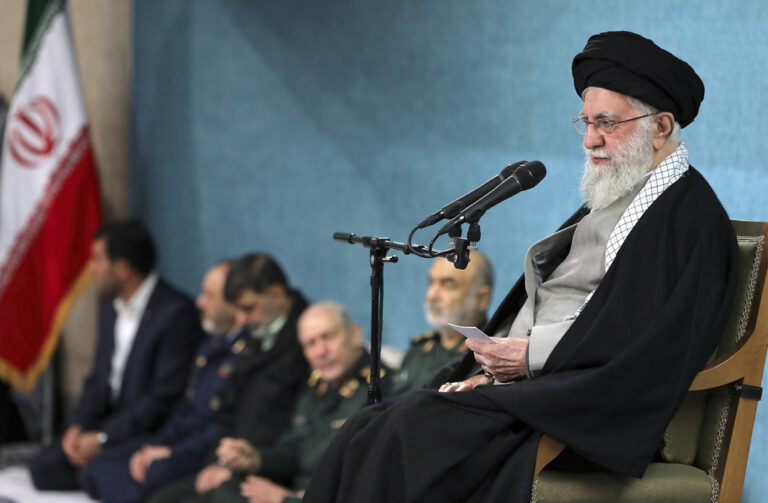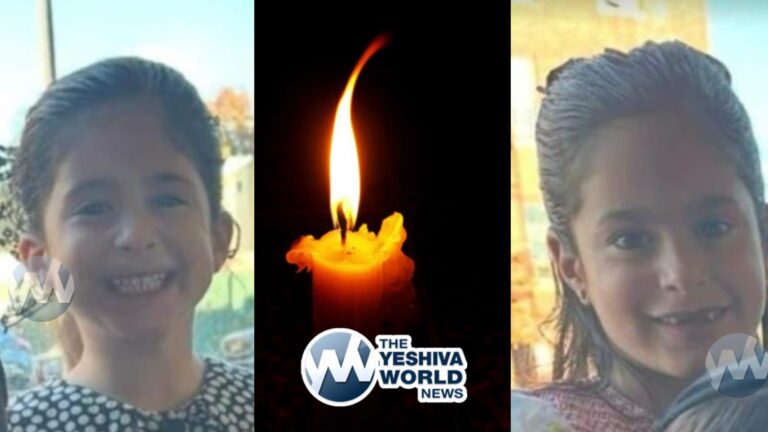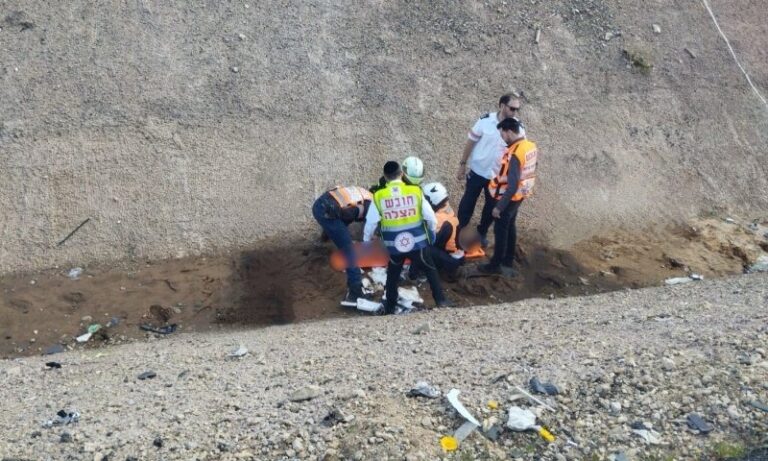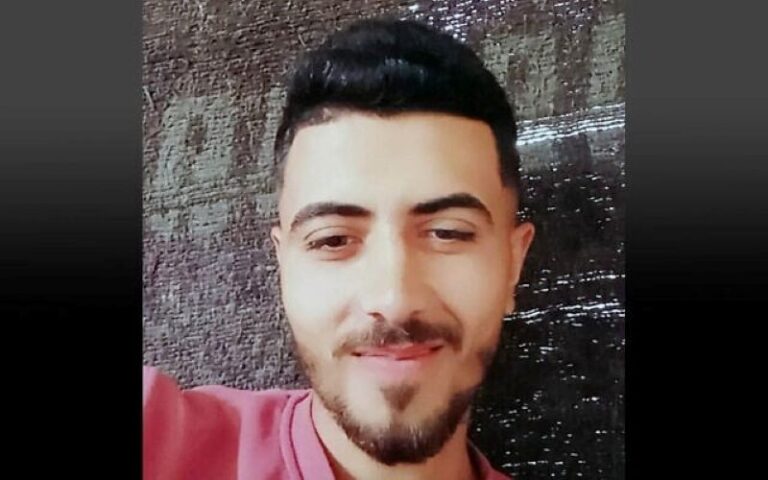 With an eye toward Washington, leaders of a fractured and conflict-ridden Arab world hold their annual summit this week, seeking common positions and possible leverage as President Donald Trump weighs his approach toward the region.
With an eye toward Washington, leaders of a fractured and conflict-ridden Arab world hold their annual summit this week, seeking common positions and possible leverage as President Donald Trump weighs his approach toward the region.
From their hotel on the Dead Sea, they have a view of the Israeli-occupied West Bank on the opposite shore — a visual reminder of the stalled Palestinian quest for statehood, an issue that host Jordan says will take center stage this year.
Here is a look ahead.
———
WHO’S ATTENDING?
Jordan’s King Abdullah II plays host. Key participants include King Salman of Saudi Arabia, Egyptian President Abdel-Fattah el-Sissi and Palestinian President Mahmoud Abbas. U.N. Secretary General Antonio Guterres and Staffan de Mistura, the U.N. and Arab League envoy for Syria, are coming, along with U.S. and Russian envoys.
Syria’s seat will remain empty. President Bashar Assad hasn’t been invited to an Arab summit since his country was suspended from the 22-member Arab League in late 2011, several months after an uprising against him turned into a civil war.
———
PALESTINE ON THE HORIZON?
The leaders are expected to reaffirm a Saudi-led peace plan that offers Israel full relations with dozens of Arab and Muslim states in exchange for its withdrawal from lands captured in 1967. The Arab Peace Initiative, which would pave the way for a Palestinian state in east Jerusalem, the West Bank and Gaza, was first proposed in 2002. This week, the summit is being asked to endorse the plan “as is,” a request promoted by Abbas, who says reopening it to negotiations would further weaken the Palestinians.
A reaffirmation of the 2002 plan would undercut Israeli Prime Minister Benjamin Netanyahu’s talk of “regional peace,” in which Israeli-Arab normalization would precede a deal with the Palestinians. It would also remind Netanyahu and Trump, who in recent comments seemed to pull back from a two-state solution, that the Arab world backs that idea.
In previous summits, the Arab Spring uprisings of 2011 and their chaotic aftermath overshadowed the Palestinian issue. This year, Jordan wants it high on the agenda. The stakes are high for the kingdom, which has a large Palestinian population and custodianship of a major Muslim shrine in contested Jerusalem.
“The absence of justice for the Palestinian people is a major and fundamental reason for the instability of the region and creates an environment for extremism and terrorism,” said Jordanian government spokesman Mohammed Momani.
———
EGYPT-SAUDI RAPPROCHEMENT?
The summit could offer an opportunity for Egypt and Saudi Arabia to defuse months of tensions, mainly over Syria.
Saudi Arabia is a leading supporter of the Syrian opposition, while Egypt, fearful of Islamic militants among the rebels’ ranks, has pushed for a political solution that might keep Assad in power. Salman has also sought closer ties with Turkey and Qatar, which have tense relations with Egypt. On another contentious point, Saudi Arabia had hoped, in vain, that Egypt might contribute ground troops to a Saudi-led coalition fighting in Yemen.
In October, the Saudis abruptly suspended oil aid to Egypt just days after Egypt backed a U.N. Security Council resolution on Syria drafted by Assad ally Russia. Under the initial oil deal, Saudi Arabia agreed in April 2016 to provide Egypt with 700,000 tons of fuel monthly for five years on easy repayment terms.
The shipments resumed several days ago, signaling possible rapprochement that could perhaps be sealed at the summit.
Amr Adly, a Cairo-based analyst at the Carnegie Middle East Center, said the two countries have different priorities, with Saudi Arabia focused on containing its main regional rival, Iran, while Egypt seeks to combat the Muslim Brotherhood, a region-wide movement that Cairo views as a terrorist group.
———
SYRIA, ANYONE?
Don’t look to the summit for a new push to end the Syrian civil war.
Leaders remain divided over Assad’s role, if any, in a possible political transition. Some argue that in shutting Assad out early on in the war, the Arab League created a vacuum that allowed non-Arab Russia, Iran and Turkey a greater say over an eventual solution. The trio now serves as guarantor of a shaky cease-fire between the Syrian government and the opposition, while U.N.-brokered talks in Geneva aim to coax them toward a political transition.
De Mistura, the international Syria envoy, said last week that he is not expecting breakthroughs in Geneva. He also urged Russia, Iran and Turkey to regain control of a “worrisome” situation on the ground in Syria, following repeated violations of a cease-fire reached in December.
U.S. Secretary of State Rex Tillerson said last week that the Trump administration is still working on its Syria strategy, but that the top goal in the region is to defeat the Islamic State group, which holds territory in Syria and Iraq. The U.S. has significantly widened its footprint in northern Syria in recent weeks, including airlifting allied Kurdish fighters ahead of a battle for Raqqa, the de facto IS capital.
Trump has promised closer cooperation with Russia, an unsettling prospect for the Arab world’s staunchest Assad opponents.
———
WHAT ABOUT IRAN?
A Trump administration warning that it is putting Shiite Iran “on notice” has been welcomed by the Sunni Arab camp headed by Saudi Arabia. Tehran and Riyadh back opposite sides in the wars in Syria and Yemen, and a more aggressive U.S. stance toward Iran would presumably help the Saudis contain their regional archrival. As with Syria, Trump hasn’t formulated a detailed Iran policy yet.
The summit might make do with a standard warning to Iran.
Jordanian diplomat Rima Alaadeen said a preparatory meeting affirmed the “principle of good neighborliness” between Arab countries and Iran, coupled with an appeal to refrain from using force and respect for the sovereignty of states.
(AP)



